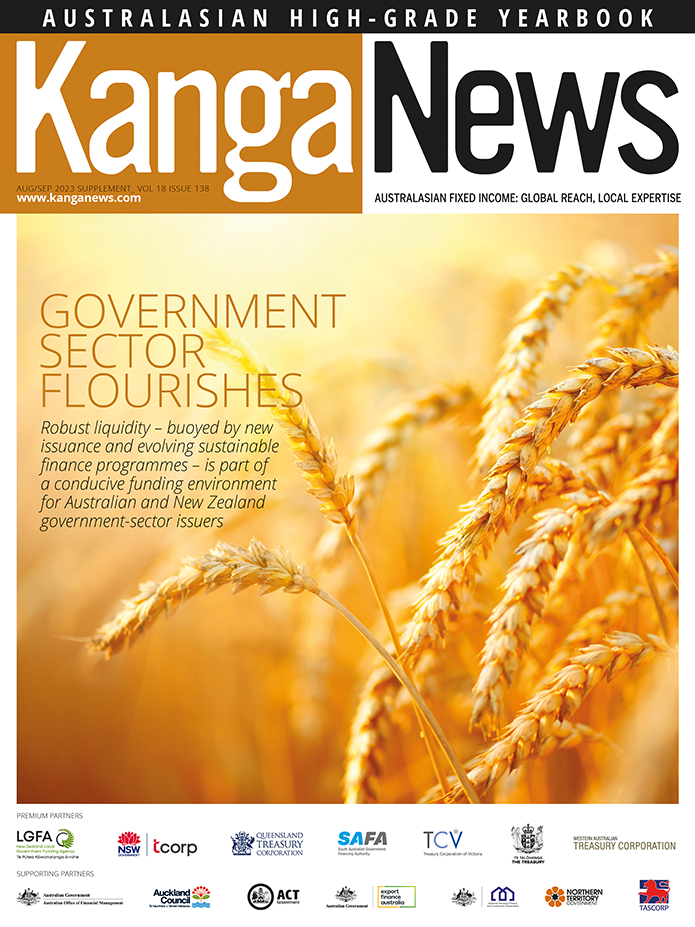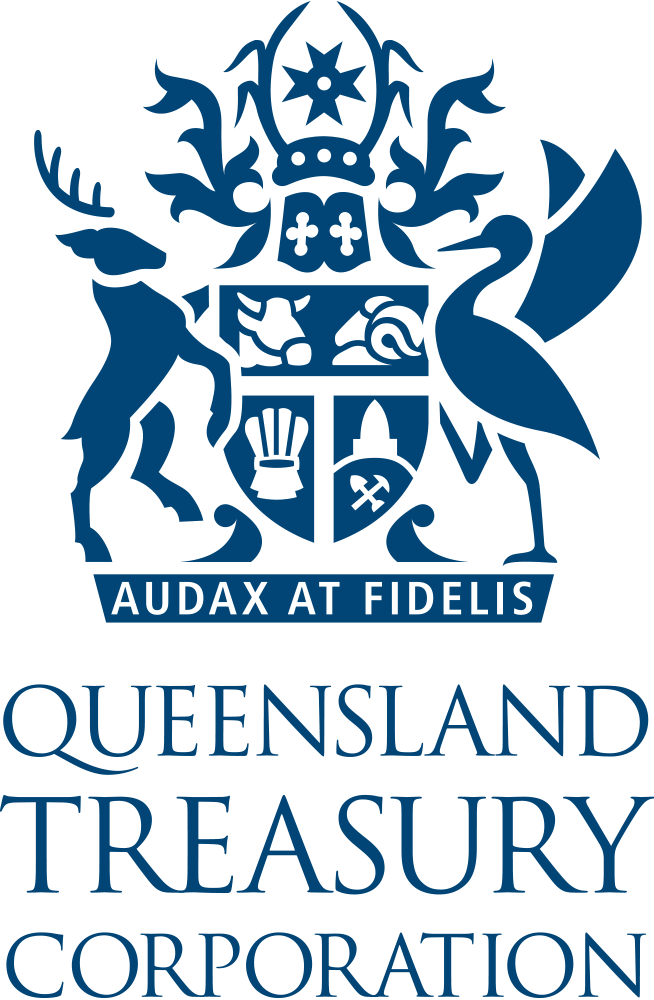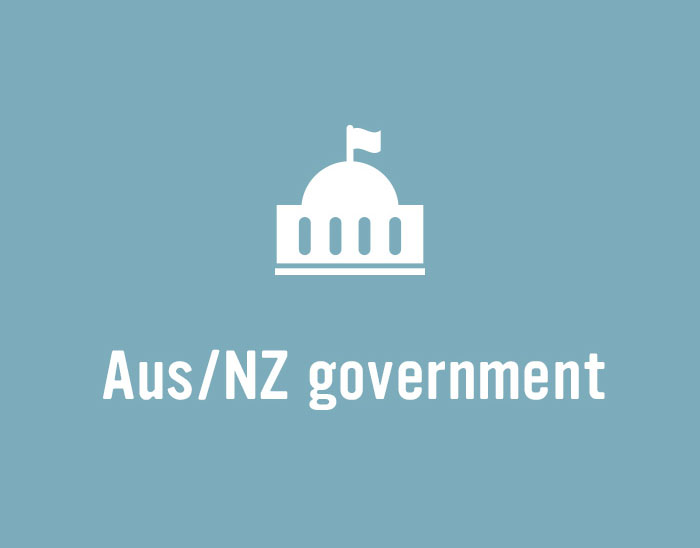
Queensland finds strength in its diversity
Queensland is among Australia’s most diverse state economies. The state’s treasurer and minister for infrastructure and planning, Cameron Dick, speaks to KangaNews about how this diversity is helping the state through the COVID-19 crisis.
What impact will the pandemic have on the budget?
Like other jurisdictions in Australia and around the world, COVID-19 has had a significant impact on Queensland’s economy. Fortnightly employment and retail-sales data from the Australian Bureau of Statistics indicate Queensland’s diversified economy may have spared it from some of the worst impacts. But we know the effects of the last few months may take years to recover from.
As the prime minister and the governor of the Reserve Bank of Australia (RBA) have said, the volatile economic circumstances we face make the normally difficult task of producing accurate forecasts all but impossible.
This is why no Australian jurisdiction will deliver a budget before October. Queensland’s parliament will be in caretaker mode by 6 October ahead of an election at the end of that month, so I have committed to deliver a COVID-19 fiscal and economic review in September. This will take the form of the usual mid-year fiscal and economic review.
What measures has the state government taken to support the local economy through the crisis and into recovery?
Queensland was Australia’s first jurisdiction to declare a public-health emergency for the “novel coronavirus”, in January. Since then, we have committed more than A$7 billion (US$4.9 billion) to protect Queenslanders’ health, jobs and businesses.
Measures taken include refunds, deferrals and holidays for payroll tax, refunds for land tax to be passed on to COVID-19-affected tenants, waivers of fees and charges at government-owned ports, grants and 12-month interest-free loans for small businesses, and targeted industry-assistance packages for tourism and aviation.
Our measures have been designed to complement each other and the support offered by other levels of government. For instance, almost 90 per cent of our 12-month interest-free loans has gone to businesses falling under the payroll-tax threshold and therefore would not benefit from that measure.
As restrictions ease and economic activity picks up, the government’s focus is to unite and recover for Queensland jobs.
Tourism businesses in far-north Queensland were among the first to be supported by relief measures, in early February, when they were experiencing the downturn caused by a lack of visitors from China around the lunar new year.
Since then, we have implemented more initiatives to support regional tourism, including our bid for a strategic stake in Virgin Australia. The Palaszczuk government has set aside A$200 million and tasked our world-leading investment manager, QIC, to lead our bid to safeguard Queensland’s interest in Virgin.
This is not just about retaining head office jobs in Brisbane, but about ensuring regional Queensland continues to have access to reliable, affordable, and competitive commercial air travel.
Given the likely absence of significant international tourism into 2021, tourism markets in regional Queensland need to know they have the commercial air services to bring domestic visitors to them. Aviation is essential to a viable tourism industry and the government has committed A$15 million to airline route support.
International investors may be particularly interested in the strategy behind Australia’s state border closures. How are you thinking about the trade-off of economic and health outcomes?
If we look around the world, the economies suffering the most damage are those that locked down too late or lifted restrictions too early – and those that are having to lock down a second time are paying a greater price still.
After speaking to business operators and workers across Queensland, I understand the financial and emotional pain caused by COVID-19 restrictions. But the sacrifices made have saved the lives of potentially tens of thousands of Queenslanders and, as restrictions continue to ease, we are placed as well as anywhere in the world to get on with the task of economic recovery.
Does the COVID-19 crisis mean having to ease back on infrastructure investment plans?
Just as government had a vital role to play in protecting health and jobs through the early months of the pandemic, it has a vital role to play in recovery and rebuilding the economy.
The Queensland government has announced a A$51.8 billion infrastructure pipeline over the next four years, including an accelerated works programme of A$400 million to support our regions.
We have announced a further A$200 million COVID-19 recovery tranche of our Works for Queensland programme, to support local governments in building productive infrastructure.
Our Unite and Recover for Queensland Jobs strategy is well underway, recognising the need to bring forward vital, shovel-ready public infrastructure projects to support the economy as the private sector recovers.
How are demand and activity in Queensland’s other major economic sectors, such as agriculture and mining, playing out through the crisis?
Queensland’s traditional economic diversification through industries like mining and agriculture has helped cushion it from some of the worst impacts of COVID-19.
Mining and agriculture have responded to the challenges of workforce management and unstable international trading conditions. These industries have once again proved why diversification is a vital element of the Queensland economy.
Total jobs in Queensland’s agriculture industry have fallen by less than 3 per cent since mid-March, compared with Australia-wide losses of 9 per cent. Mining and agriculture have posted strong jobs growth in recent weeks, supporting Queensland’s recovery and backing our government’s commitment to developing more jobs in more industries right across the state.
Economic crises often bring significant opportunities for new industries. Are there any in Queensland that the government is particularly keen to promote?
The disruption to international supply chains has demonstrated why it is important for Australia to increase its advanced manufacturing capacity. Earlier this year, Queensland was recognised as a global advanced manufacturing hub by the World Economic Forum. This designation recognises the ingenuity and global potential of Queensland’s A$20 billion sector.
Our jobs plan also recognises and seeks to support the strengths of Queensland’s emerging industries, including renewable energy, new-economy minerals, hydrogen, mining equipment, technology and services, biofuels, the screen industry, and biomedical and health services.
How is the state government thinking about life after federal government support is due to run out in Q3?
The federal government has stated it will reveal its intentions for the future of the JobKeeper programme in July. I have written to the federal treasurer to request that the JobKeeper programme is preserved beyond Q3 and extended to other industries. With the RBA governor committing to do whatever it takes until progress is being made towards full employment, it is incumbent upon all policymakers to use the levers available to ensure a comprehensive recovery.
QTC adapts to a new environment
Queensland Treasury Corporation (QTC)’s chief executive, Philip Noble, discusses the impact of COVID-19 on the state’s borrowing requirement and the status of its green-bond programme.
Prior to COVID-19, we were in a strong funding position, having completed our indicative A$9.9 billion (US$6.9 billion) borrowing programme and having raised an additional A$2.1 billion to pre-fund future years’ programmes.
To further strengthen our position ahead of the potential budget impacts of COVID-19, we were active in reverse enquiry particularly in April and May. Between the release of our borrowing programme on 11 June 2019 and the end of June 2020, we raised a total of A$20.5 billion of gross funding.
The Queensland government will publish its COVID-19 fiscal and economic review in September 2020. This will report the impacts of COVID-19 in the 2019/20 financial year and will revise the forecasts for 2020/21 and the forward estimates. Following this, QTC will announce its indicative 2020/21 borrowing programme.
As a leading green-bond issuer, our environmental, social and governance (ESG) strategy to date has been to increase awareness of the environmental pillar and the projects and initiatives being undertaken by the government to support the state’s transition to a low-carbon economy.
Since its launch in 2017, we have continued to look for ways to enhance our green-bond programme. In 2019, we increased liquidity for investors by becoming a programmatic issuer of Climate Bonds Initiative (CBI)-certified green bonds. This streamlined the issuance of our new line in 2019 and enabled QTC to be the first semi-government issuer to tap a green bond.
We find CBI certification is a key benefit of maintaining a standalone green-bond programme and we are proud to have been recently recognised in the CBI’s fifth annual green-bond pioneer awards as the issuer of the largest subnational deal of 2019.
We have monitored the increase in social-labelled funding because of COVID-19. This has further strengthened our investors’ understanding of the importance the Queensland government places on its social responsibilities – such as health, education and job security – and of QTC’s role in funding these through our traditional bond programme.
As the landscape continues to evolve in ESG issuance, QTC will remain adaptive to investor feedback and market developments across a range of factors. This will include whether a standalone social-bond programme would complement our green-bond offering.

HIGH-GRADE ISSUERS YEARBOOK 2023
The ultimate guide to Australian and New Zealand government-sector borrowers.









